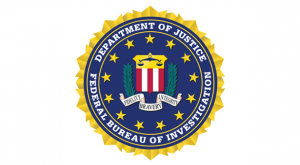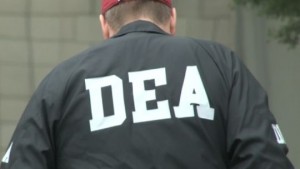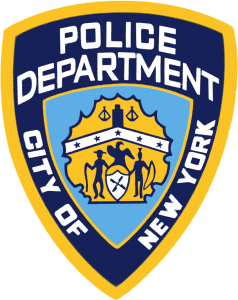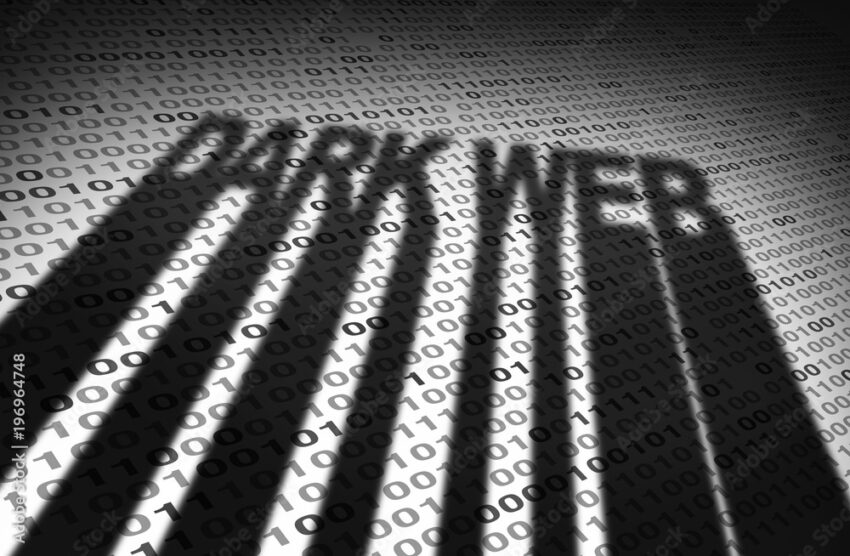 Federal officials stated that Rui-Siang Lin, also known as Ruisiang Lin, Pharoah, and faro, 23, of Taiwan, was arrested Monday in connection with his operation and ownership of “Incognito Market,” an online dark web narcotics marketplace.
Federal officials stated that Rui-Siang Lin, also known as Ruisiang Lin, Pharoah, and faro, 23, of Taiwan, was arrested Monday in connection with his operation and ownership of “Incognito Market,” an online dark web narcotics marketplace.
The marketplace enabled its users to buy and sell illegal narcotics anonymously around the world.
Lin was arrested at John F. Kennedy Airport on May 18. He is presumed innocent unless proven guilty.

“Drug traffickers who think they can operate outside the law on the dark web are wrong,” said Attorney General Merrick B. Garland. “As alleged, Rui-Siang Lin was the architect of Incognito, a $100 million dark web scheme to traffic deadly drugs to the United States and around the world. The long arm of the law extends to the dark web, and we will bring to justice those who try to hide their crimes there.”
As alleged in the complaint and the indictment, Incognito Market was an online narcotics bazaar that existed on the dark web.
Incognito Market was formed in October 2020.
Since that time, and through its closing in March, Incognito Market has sold more than $100 million of narcotics — including hundreds of kilograms of cocaine and methamphetamines.
Incognito Market was available globally to anyone with internet access and could be accessed using the Tor web browser on the “dark web” or “darknet.” Lin operated the Incognito market under the online pseudonym “Pharoah” or “faro.”
As “Pharoah” — the leader of Incognito market — Lin supervised all of its operations, including its employees, vendors, and customers, and had ultimate decision-making authority over every aspect of the multimillion-dollar operation.
 “For nearly four years, Rui-Siang Lin allegedly operated ‘Incognito Market,’ one of the largest online platforms for narcotics sales, conducting $100 million in illicit narcotics transactions and reaped millions of dollars in personal profits,” said Assistant Director in Charge James Smith of the FBI New York Field Office. “Under the promise of anonymity, Lin’s alleged operation offered the purchase of lthal drugs and fraudulent prescription medication on a global scale.”
“For nearly four years, Rui-Siang Lin allegedly operated ‘Incognito Market,’ one of the largest online platforms for narcotics sales, conducting $100 million in illicit narcotics transactions and reaped millions of dollars in personal profits,” said Assistant Director in Charge James Smith of the FBI New York Field Office. “Under the promise of anonymity, Lin’s alleged operation offered the purchase of lthal drugs and fraudulent prescription medication on a global scale.”
 “This arrest underscores the dedicated, ongoing efforts of law enforcement to identify and dismantle illicit drug networks operating from every shadowy recess of the marketplace,” said Commissioner Edward A. Caban of the New York Police Department (NYPD). “I commend our NYPD investigators and all of our state and federal partners for their unwavering commitment to public safety.”
“This arrest underscores the dedicated, ongoing efforts of law enforcement to identify and dismantle illicit drug networks operating from every shadowy recess of the marketplace,” said Commissioner Edward A. Caban of the New York Police Department (NYPD). “I commend our NYPD investigators and all of our state and federal partners for their unwavering commitment to public safety.”
Incognito Market was designed to foster seamless narcotics transactions across the internet and across the world and incorporated many features of legitimate e-commerce sites such as branding, advertising, and customer service. Upon visiting the site, users were met by a splash page and graphic interface, which is picture below:
After logging in with a unique username and password, users were able to search thousands of listings for narcotics of their choice.
Incognito Market sold illegal narcotics and misbranded prescription medication, including heroin, cocaine, LSD, MDMA, oxycodone, methamphetamines, ketamine, and alprazolam. An example of listings on the Incognito market is below:
Listings included offerings of prescription medication that was advertised as being authentic but was not.
For example, in November 2023, an undercover law enforcement agent received several tablets that purported to be oxycodone, which were purchased on Incognito Market.
 Testing on those tablets revealed that they were not authentic oxycodone at all and were, in fact, fentanyl pills.
Testing on those tablets revealed that they were not authentic oxycodone at all and were, in fact, fentanyl pills.
Each listing on Incognito Market was sold by a particular vendor.
To become an Incognito Market vendor, each vendor must register with the site and pay an admission fee.
In exchange for listing and selling narcotics as a vendor on the Incognito Market, each vendor paid 5% of the purchase price of every narcotic sold to the Incognito Market.
That revenue funded Incognito Market’s operations, including paying “employee” salaries and for computer servers. Lin collected millions of dollars of profits from Incognito.
To facilitate these financial transactions, Incognito Market had its own “bank,” which allowed its users to deposit cryptocurrency on the site into their own “bank accounts.”
After a narcotics transaction was completed, cryptocurrency from the buyer’s “bank account” was transferred to the seller’s “bank account,” less the 5% fee that Incognito collected.
The bank enabled buyers and sellers to stay anonymous from each other. The bank’s graphic interface is a picture below:
If convicted of all the charges, Lin faces up to life in prison.
Assistant U.S. Attorneys Ryan B. Finkel and Nicholas Chiuchiolo for the Southern District of New York are prosecuting the case.




